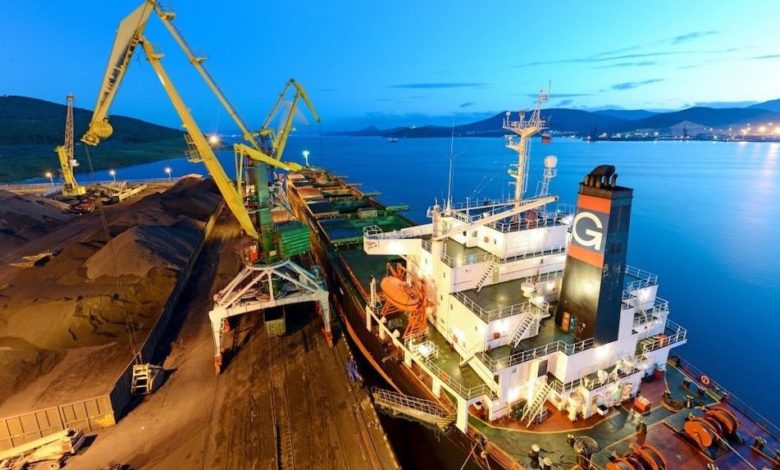Mongolia, Indonesia and Russia the winners as Beijing formalises Australian coal ban

China has made its Australian coal ban official, sparking a swift response from Scott Morrison, the prime minister of Australia.
Splash has reported for the past three months a growing informal list of products Beijing has moved to block entry to, as relations between Australia and China have soured with Canberra leading the charge to seek out the origins of coronavirus. This has resulted in many coal carriers – and more than 1,000 seafarers – being stuck at Chinese anchorages for long periods.
There are currently 24 capes and 50 panamaxes laden with Australian coal waiting to discharge in China
Chinese state media yesterday confirmed the Australian coal ban, while removing restrictions on imports of the commodity from other countries.
The National Development and Reform Commission met 10 major power companies on the weekend and granted approval for them to import coal without clearance restrictions, except for Australia, according to the Global Times.
The report suggested China will prioritise imports from Mongolia, Indonesia and Russia.
Australian prime minister Morrison accused China today of breaching international trade rules.
From Tasmania, Morrison said the government was seeking clarification from Beijing about the reported coal ban, but if it was in place “that would obviously be in breach of WTO rules” and “obviously in breach of our own free trade agreement”.
According to Braemar ACM there are currently 24 capes and 50 panamaxes laden with Australian coal waiting to discharge in China, amounting to 8.7m dwt.
China has yet to make any discernible cuts to its iron ore purchases from Australia yet. However, the China Iron & Steel Association (CISA) has been in touch in recent days with senior executives from miner BHP to voice concern at the surging price levels for iron ore, something that could get more expensive if an Australian politician gets his way.
Amid the deteriorating trading partnership, former resources minister Matt Canavan has said the government must force Beijing to “pay a price” for trade bans on Australian products, suggesting a tax on iron ore exports to help out other local industries such as coal and wine hit by Beijing’s bans.

This ban applies only to steam coal, a point missing in this article. Met coal imports from Aust remain unaffected and comprise much of the tonnage waiting discharge. Perhaps Braemar can discern exactly what % ?
The BHP keeps seafarers at anchorage and does not allow them to deviate to South Korea or Japan for change crews, even if the shipowners are willing to do so. Send us home, we are very tired, mentally ill and can no longer work safely. From whom should we ask for our freedom? Scott Morrison? Xi Jinping?